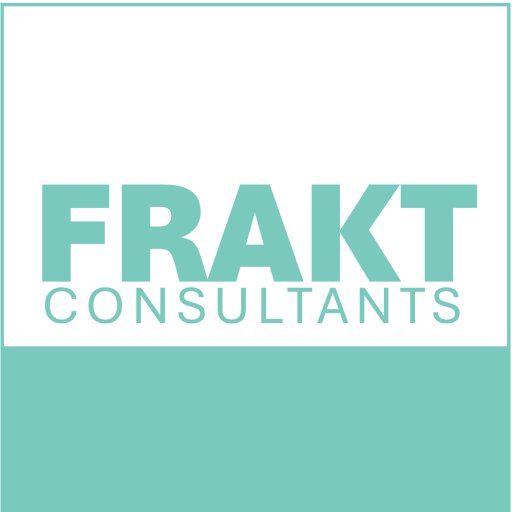Picture this: You’re driving down a motorway. Clear signs. Smooth tarmac. Perfectly safe. But… dull, right? Now imagine that same journey through a maze of traffic cones, speed traps, and ‘No Entry’ signs every 50 metres. You’d either give up—or crash trying to escape.
That’s exactly what’s happening to businesses today. We’re building mazes, not motorways. And it’s killing our best ideas.
Let me tell you about my friend, Sarah. She started a bakery. At first, it was magic—experimental recipes, queues round the block. Then she scaled up. Hygiene checklists. Inventory systems. Shift rotas. Within a year, her bakers were too scared to tweak a cupcake recipe.
Sound familiar?
We think rules make us efficient. But what they really do is turn people into robots. And robots don’t innovate. They just… repeat.
Here’s the irony: the more we try to eliminate risk, the riskier things get.
Imagine two companies:
- Company A has a 50-page ‘Innovation Policy’. Ideas must go through 7 approvals.
- Company B has one rule: ‘If it doesn’t hurt customers, try it.’
Which one survives when the market shifts?
Turns out, Company B’s ‘messy’ approach lets them adapt faster. Why? Because fear of failure is far more dangerous than failure itself.
Now, I’m not saying burn the rulebook. Brilliant scaling needs scaffolding—not straitjackets.
Think of it like teaching a kid to ride a bike. At first, you hold the saddle. But the goal isn’t to keep holding—it’s to let go. The best leaders build guardrails, not cages.
Here’s how:
- Replace ‘Thou Shalt Not’ with ‘What If?’
Instead of banning risks, allocate 10% of time/money for experiments. Tiny bets, huge potential. - Celebrate ‘Smart Failures’
Did a project flop but teach you something? Throw a party. Literally. - Make Rules Invisible
Ever notice how great video games guide you without menus? That’s what culture does. When values replace policies, people feel free—even when they’re aligned.
Now, here’s the twist: the companies that scale best aren’t the ones with perfect systems. They’re the ones that embrace a bit of chaos.
Why? Because humans aren’t cogs. We’re messy, creative, gloriously irrational beings. And that’s your competitive advantage.
So ask yourself: Is your business a well-oiled machine… or a living, breathing organism?
Next time you’re tempted to add another rule, pause. Ask: ‘Does this protect us—or imprison us?
The future belongs to leaders who build gardens, not prisons. Where weeds can grow. Where unexpected flowers bloom.
After all… the most beautiful landscapes aren’t designed. They’re cultivated.
